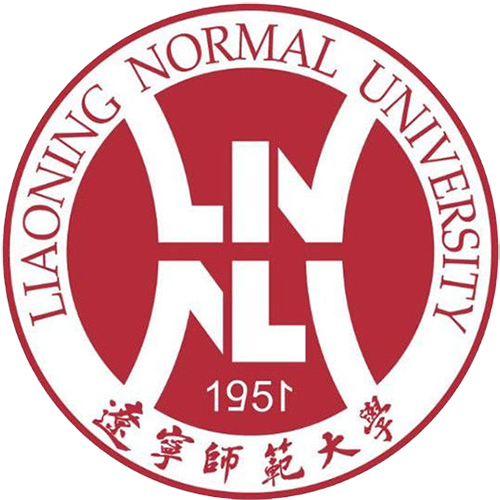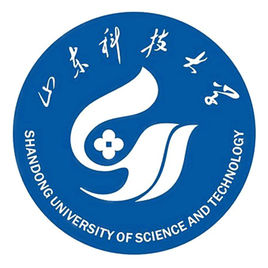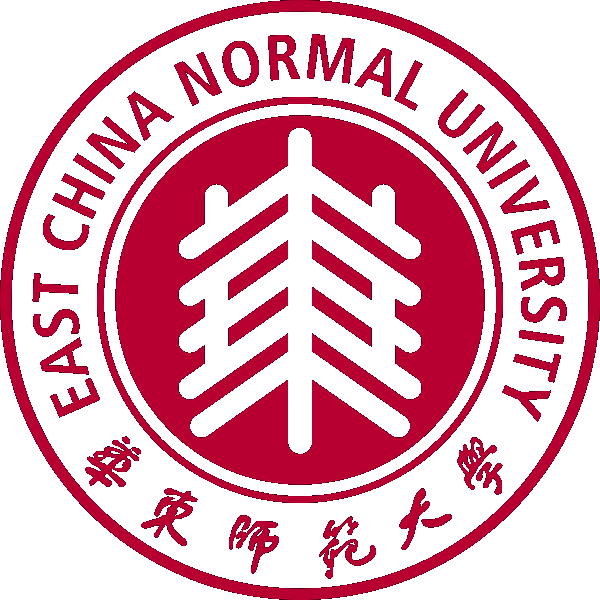
 Introduction
Introduction About the Program
About the Program About Liaoning Normal University
About Liaoning Normal University
Located in Dalian, a beautiful coastal city in northern China, Liaoning Normal University (LNNU) is one of the key institutions of higher learning in Liaoning Province. As the biggest leading teacher training institution in the province, it is recognized as bases of elementary and secondary teachers training, higher education teachers training, continuous education, educational science research and consultation and local economic and social development.
The university is the former Luda Teachers School founded in August 1951, one of the first teachers colleges in new China. It was renamed Dalian Teachers School in 1953 when seven teachers colleges in the Northeast merged into three. It developed into Dalian Teachers College in July 1958 and Liaoning Teachers College in 1960. In December 1983, it was renamed Liaoning Normal University. Over 59 years, over 100,000 students have graduated from LNU, who have contributed significantly to the reform and development of basic education in Liaoning Province.
The university has a campus area of 2100 mu (Huanghe Road campus and Western Hill campus) with about 14,000 full-time undergraduates and more than 4,000 postgraduates in 20 schools, colleges and School of Graduate Studies.
The university currently has 3 post-doctoral research stations, 13 secondary disciplines entitled for conferring doctorate, 13 primary disciplines entitled for conferring master degree, 100 disciplines for mater degree, 10 specialties for master degree, 1 primary discipline on provincial level, 15 secondary disciplines on provincial level, 1 provincial key incubator discipline. In 2009, one discipline was selected as “provincial key high-level discipline” and 12 disciplines as “competitive key disciplines”. In 2010, “developmental and educational psychology” was put on the list of “promotion plan” of the promising national key discipline.
The university now offers 81 undergraduate programs, 6 of which are special on the national level, 9 on the provincial level. There is one excellent course on national level, 16 on provincial level, 1 innovation zone of talent training on provincial level, one most needed talent training base, 15 provincial teaching awards won at the 6th contest, and provincial model experiment teaching center, 1 renowned teacher on national level, 6 on provincial level, 4 academic leader on provincial level, 2 teaching team on national level and 6 on provincial level.
The university houses 8 provincial level key laboratories, 6 provincial level university innovation team, 9 key bases of humanity and social science, among which Ocean Economics and Sustainable Development Center is among the most important humanity and social science research organizations in the Ministry of Education. In the last 5 years, the teaching stuff has published more than 300 books, 5401 academic articles, 367 of which are included in SCI, 100 in RI, ISTP, or SSCI, has got 106 patents approved and received 448 awards for scientific research.
Laying great emphasis on exchange on global level, the university has established ties with 51 universities and research institutions in 14 countries and areas, including Italian Matteo Ricci and Martino Martini Study Center with University of Macerata, Omori Japanese Study and Research Center sponsored by Japanese International Exchange Center, LNU-MSU College of International Business, Film & Television Art College funded collaborated with Hong Kong and Japanese enterprises, LNNU Research and Development center for Biopharmaceuticals collaborated with Ulster University in Britain, International professional School with HCC, 2 Confucius institutes in Miami University and Milan University respectively.
The university has won a series of awards, among others, model of Construction and in Ideological and Political Work, Juvenile Education, Social practice, Juvenile delinquency research. It is one of the first modeling universities of national standardization of language and words, excellent group of language and words, national excellent Putonghua testing center, and many other awards on provincial and municipal levels
 Accommodation
Accommodation|
Building |
Room
Equipment |
Common Facilities |
Rent of Dorm
(RMB per day) |
Additional
Remarks |
|
Dormitory Building
No.2 |
TV/telephone
air-condition
toilet/shower
wardrobe/desk
desk lamp
bad sheets |
public kitchen
auto washing-machine
microwave oven
public telephone
|
double-bed
CNY40
single-bed
CNY60 |
1. Payment of rent deposit is 300 yuan which will be eturned upon Checking-out.
2. Breakfast and room cleaning is free; bedding is cleaned twice a month.
3. For more than five months with a signed contract, fees will be concessive.
4. Monthly basis, check-out must take place between the 25th-30th of the month.
|
|
Dormitory Building
No.5 |
TV/telephone
air-condition
toilet/shower
wardrobe/desk
desk lamp
bad sheets |
public kitchen
auto washing-machine
microwave oven
public telephone
elevator |
double-bed
CNY50
single-bed
CNY80 |
Note:Students can also rent an apartment out of the campus, but must register at the local police station and the office of the college.
MEALS
There is a canteen with Chinese, local and Muslim food inside the school campus; the usual price for meals is about 500 RMB monthly.
Working time of canteen way of paying
Breakfast 7:00-8:30 cash or meal card
Lunch 11:00-13:30
Dinner 17:30-19:30
 Fees
Fees Admissions Process
Admissions Process  Entry Requirements
Entry Requirements
1.Be in good health condition
2.Applicant should hold bachelor's degree or equivalent or above
3.HSK level 8 or above
4.Pass the entrance examination (interview and paper test)
 Application Materials
Application Materials
1.Photocopy of valid passport
With photo, passport number &expiration date and name included.
2.Passport-sized photo
A passport-sized photo taken recently of the applicant.
3.Bachelor's degree diploma
Graduation certificate should be in Chinese or English.If not, it should be translated into Chinese or English and be notarized.
4.Transcript of undergraduate school
5.HSK Certificate (No need for English-taught program)
Level 8 or above
6.Letter of recommendation
From professor or associate professor or equivalents
 Reviews
Reviews
Shandong University of Science and Technology
Tuition
Start Date
